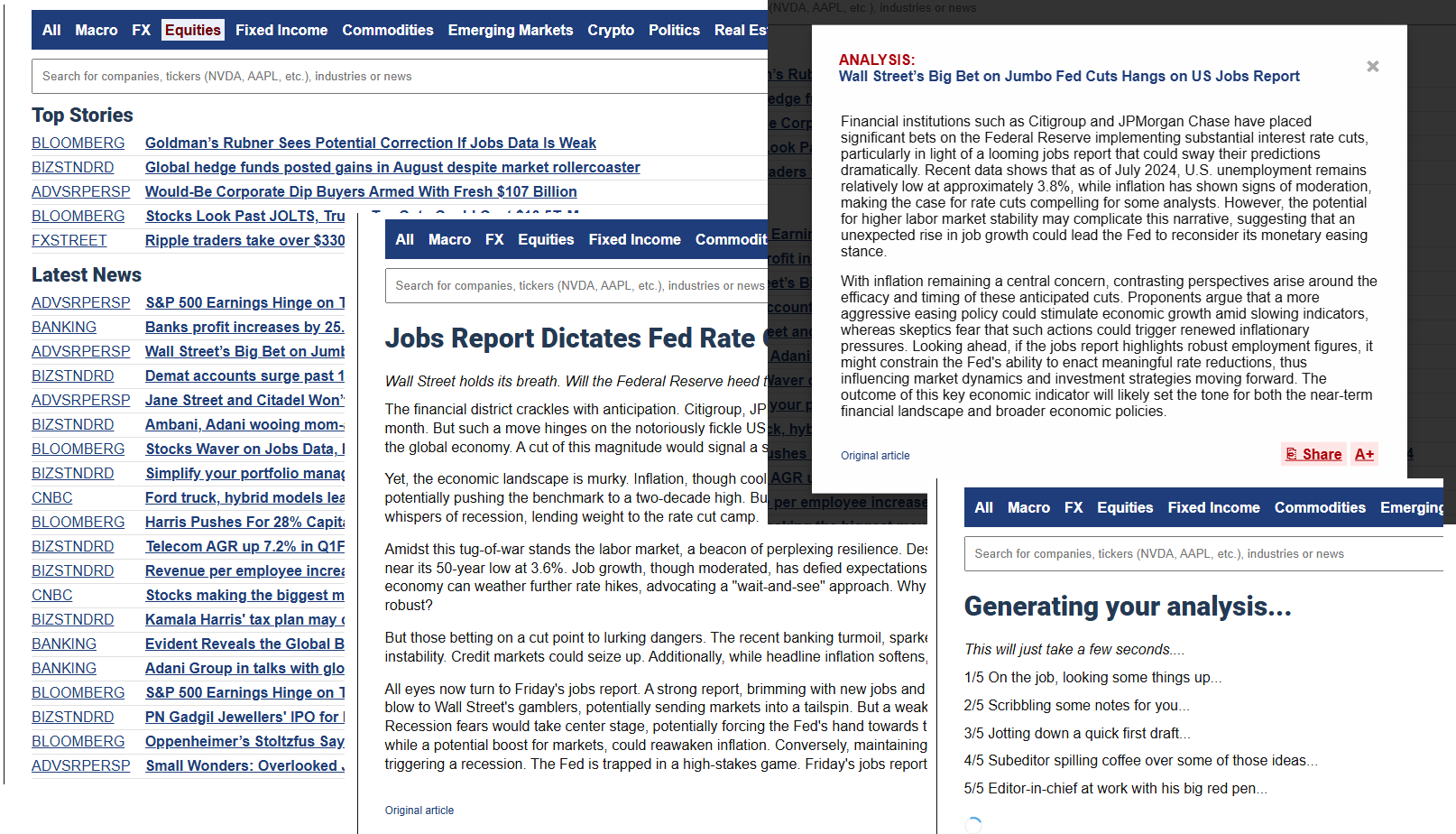Global Conflicts and Innovations Shape 2024 Economy
The intricate global landscape is undergoing a dynamic transformation as multifaceted political, social, and economic developments simultaneously unfold. This intricate tapestry of events has sparked substantial shifts across several regions, profoundly impacting global communities and economies. Recent reports from various geopolitical hotspots have brought to light the array of complex challenges that world leaders are grappling with, resulting in unanticipated transformations across both political and economic domains. The escalating tensions in locations such as Syria serve to highlight these challenges, while controversies embroiling South Korean President Yoon underscore the complex interplay of ideologies and ambitions reshaping contemporary society.
In South Korea, political upheaval has intensified following the release of President Yoon from custody after being arrested on insurrection charges linked to his controversial imposition of martial law. This decision has sparked polarized mass protests and debates about the potential for shifts in the nation's political climate. Observers are keenly watching how these developments might affect South Korea's domestic and foreign policy stances. As the situation unfolds, the implications for regional stability remain uncertain, testing the resilience of political structures and international alliances.
Across the Pacific, revelations associated with the so-called Operation Chokepoint 2.0 in the United States have underscored rising tensions within the tech and financial sectors. Allegations that tech and cryptocurrency founders were 'secretly debanked' have eroded trust among financial entities and investors, raising concerns about the potential for stunted innovation and growth within the crucial fintech sector. These events could carry profound implications for the development of financial technologies that are central to shaping the future economy. Analysts are cautiously evaluating the potential long-term impact on innovation as industry leaders strive to navigate this turbulent landscape.
Meanwhile, in Toronto, a wave of hope emerges with the annual International Women's Day rally, which aims to galvanize resistance amid widespread global turmoil. This event demonstrates significant advances in the realms of humanitarian and social justice efforts, as activists continue to battle for gender equality and social justice in a world fraught with challenges. The rally champions resistance against regressive policies and advocates for meaningful, inclusive progress across society, emphasizing the critical importance of these ideals within a turbulent global environment.
Syria remains at the forefront of global geopolitical concerns as the Syrian Popular Resistance's insurgency has been orchestrated explicitly to fuel a civil war, raising alarms about the region's volatile state. These militant attacks are designed to destabilize the government, complicating international relations and humanitarian efforts. The delicate balance of power in the Middle East necessitates careful mediation to avert further regional and global repercussions. Global leaders are urged to engage in diplomatic solutions to mitigate such crises and reduce potential human suffering.
On the economic front, Indonesia is experiencing a significant shift in its energy demand, with natural gas becoming an increasingly important resource. The country is transitioning away from diesel towards liquefied natural gas (LNG) to power its needs. This transformative shift, driven by Indonesia's commitment to sustainable energy solutions, represents a pivotal moment in global energy consumption patterns, potentially spurring investment and innovation in greener technologies. Indonesia's engagement with Russia on collaborative oil, gas, and nuclear projects reflects changing dynamics within global energy politics, marking a new chapter of bilateral trade relations that could redefine regional power structures.
In the United States, the impacts of President Trump's military engagements and volatile tariff policies continue to reverberate across sectors and economies. These bold moves have sparked significant debates about trade equality and protectionism, raising questions about the balance between national interests and the global trade system. His decisions have had ripple effects, significantly affecting the agricultural sector and fueling contentious economic discussions. As these narratives unfold, they contribute to the larger dialogue concerning the future of global trade and economic relationships.
The global rise of cryptocurrencies and digital assets has catalyzed discussions around security concerns, particularly in light of troubling incidents involving deepfakes in Singapore. These occurrences highlight the potential misuse of advanced technologies, challenging global regulatory bodies to bolster cybersecurity measures. As these issues surface, they underscore the gravity of digital system integrity and the urgent need for robust governance policies designed to safeguard digital assets from malicious threats.
In light of these challenges, the capacity of nations to exhibit resilience appears closely tied to leadership qualities that prioritize accountability, transparency, and innovation. These traits are crucial for navigating today’s intricate global landscape, where the multifaceted implications of actions extend far beyond national borders. Leaders must engage in cohesive international collaborations to address the ever-growing web of socioeconomic and political challenges that impact our interconnected world. As global events continue to unfold, there lies an imperative for comprehensive dialogue to formulate strategies that are both sustainable and socially equitable, facilitating a more promising global future.
At this juncture, it becomes increasingly essential for decision-makers to prioritize tactful diplomacy and innovative policy development, ensuring that the complex challenges of today are met with adaptive strategies that can sustain global growth and stability amidst potential uncertainties. This period of intense transformation underscores the critical importance of collective global engagement in facing pressing issues, setting the stage for the next chapter in the advancement of global society.
AI-Powered trading insights: join our email list
Real-Time Market Analysis
Get instant insights on market trends, news impact, and trading opportunities.

